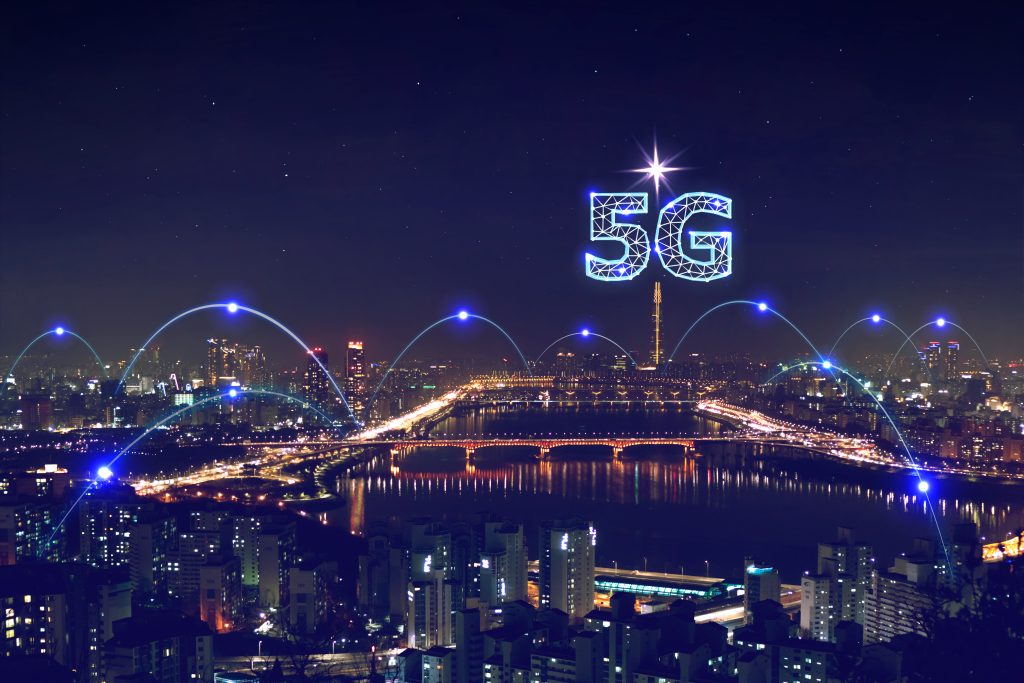
































South Korea's leading mobile carrier, SK Telecom, has released a white paper criticizing the overhyped nature of 5G technology. The paper argues that 5G has not lived up to its promises and has failed to deliver a killer application. According to SK Telecom, the expectations set by the industry for 5G were too high, leading to disappointment among consumers. While some goals set by international standard organizations for 5G have been met, many tasks are still incomplete. The paper suggests that the introduction of 6G, expected in 2030, should learn from the mistakes of 5G and focus on better collaboration among stakeholders, improved spectrum management, and clearer communication about the potential services and benefits.
Despite its shortcomings, 5G has achieved some successes, such as reduced data cost per gigabyte and increased data usage. The paper highlights the importance of AI and sensing technology for the success of 6G, as many advanced applications like autonomous driving and extended reality rely on these technologies. SK Telecom aims to take a leading role in the development of 6G and contribute to Korea's position as a global information and communication technology leader. Meanwhile, the Global System for Mobile Communications Association (GSMA) reports that 5G consumer connections worldwide have surpassed one billion and are expected to reach two billion by the end of 2025, with significant growth expected in Asia Pacific and Latin American markets. Despite the criticisms, GSMA acknowledges that the rollout of 5G has been the fastest compared to previous generations of mobile networks.
 Tags quentes :
Infraestrutura de telecomunicações
5G
Infra-estrutura
Tags quentes :
Infraestrutura de telecomunicações
5G
Infra-estrutura